Regional Express Holdings (ACN 099 547 270) and several of its subsidiaries including Rex - Regional Express (ZL, Wagga Wagga) have entered voluntary administration. The airline has cancelled all B737-800 flights, and the jet fleet is now grounded. Regional Saab 340B flights are currently unaffected and will continue to operate. Pel-Air Aviation (PFY, Sydney Kingsford Smith) air ambulance services and the Australian Airline Pilot Academy remain outside of administration and under the control of their respective directors. The decision to seek bankruptcy protection followed a board meeting on July 30, 2024.
Samuel Freeman, Justin Walsh, and Adam Nikitins of Ernst & Young Australia (EY Australia) have been appointed Joint and Several Voluntary Administrators. The companies in administration are:
- Regional Express Holdings Limited (ACN 099 547 270);
- Regional Express Pty Limited (ACN 101 325 642);
- Rex Airlines Pty Ltd (ACN 642 400 048);
- Rex Investment Holdings Pty Limited (ACN 101 317 677); and
- Air Partners Pty Ltd ACN (065 221 356).
Rex's three-year foray into jet operations proved the financial undoing of the company. Stung by the pandemic, the airline deliberately decided to diversify the business from turboprop regional and cargo operations. It secured several B737-800s on cheap leases at the time and took on Qantas and Virgin Australia on the normally revenue-rich but highly competitive so-called golden triangle routes between Sydney Kingsford Smith, Melbourne Airport, and Brisbane International.
The airline had ambitious plans to capture over 30% of Australia's domestic market and operate dozens of B737s. As of July 30, it had nine B737s and a single-digit market share. The jets operated on 13 routes, including the recently launched Melbourne-Perth International and Adelaide International-Perth routes. Average passenger loads across the jet network were reported to be around 50-55%.
It is the second Australia-based scheduled passenger airline to fail this year, with Bonza ceasing flights in late April and now being liquidated. However, unlike Bonza, which was a short-lived enterprise many expected to fail, Rex serves dozens of regional and remote communities with its Saab 340 aircraft, and the demise of those flights would have significant economic and social repercussions for local communities and likely political repercussions for local politicians - many of whom regularly use Rex to fly all or part of the way to Canberra. The Australian government has already indicated it will ensure services to regional and remote airports continue.
"We think Rex is a pretty important part of the Australian aviation industry and stand ready to work with them to see whether there’s any assistance or anything the government needs to do," transport minister Catherine King told the Australian Broadcasting Commission on July 30.
Meanwhile, Virgin Australia is offering Rex passengers who hold a ticket on a cancelled B737 flight the opportunity to transfer their ticket free of charge to the 13 overlapping Virgin Australia routes. Passengers will be re-accommodated on Virgin Australia flights as close as practicable to their original travel time.
"This is a difficult moment for Australian aviation with Rex entering voluntary administration and announcing the immediate suspension of its B737 jet operations," said Virgin Australia CEO Jayne Hrdlicka. "It is also a reminder of the challenging nature of our industry."
Rex and Virgin Australia are also in talks about opportunities to support regional flying, which may include Virgin Australia selling Rex's regional flights through codeshare or interline arrangements, and making Virgin's frequent flyer benefits available to Rex's regional passengers.
Virgin Australia, which is short of aircraft, is also moving to take over three Rex B737 leases. Five of Rex's jets are on lease from Castlelake, two from ALM - Aircraft Leasing & Management and one each from DAE Capital and Carlyle Aviation Partners. Several of the B737s formerly flew for Virgin Australia before it itself went into voluntary administration in 2020 and later downsized its fleet before relaunching under new ownership.
Virgin Australia declined to say what specific aircraft it would take, only saying they will be used to support its existing published schedules. "It will also provide us with capacity to respond if market growth accelerates faster than currently anticipated," a spokesperson told ch-aviation. "Securing these three aircraft will have the additional benefit of enabling Virgin Australia to hire more cabin crew and pilots, creating jobs that will be made available for impacted Rex employees."
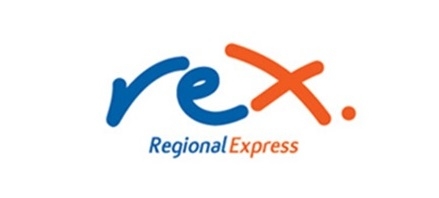
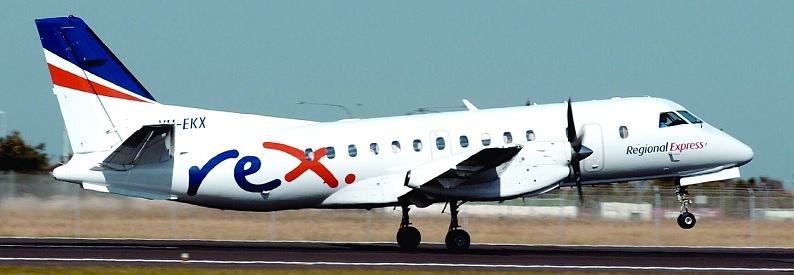
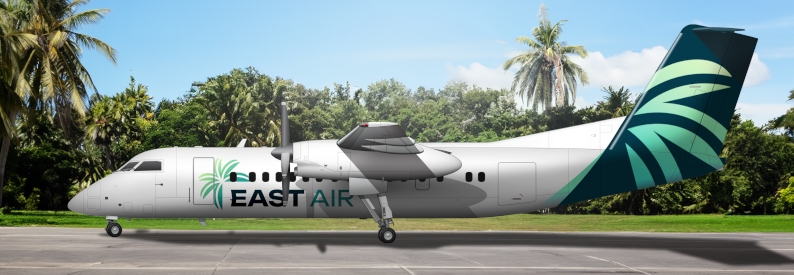
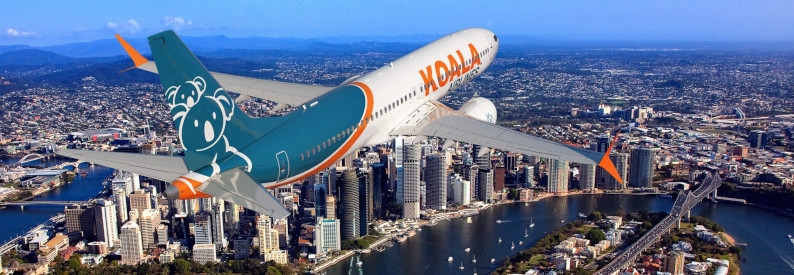
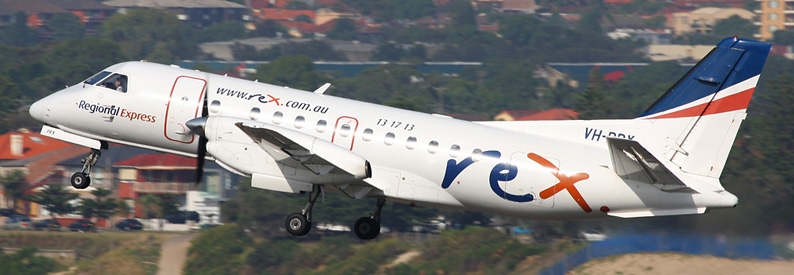
Editorial Comment: Updated to include information from a July 31, 2024, Australian Stock Exchange filing and comment from Virgin Australia. Corrects Saab type - 04Aug2024 - 06:58 UTC